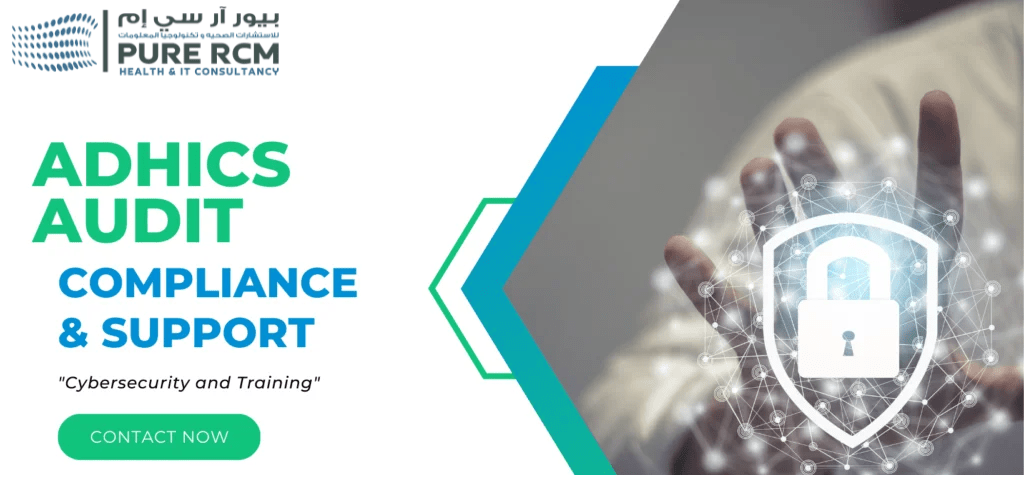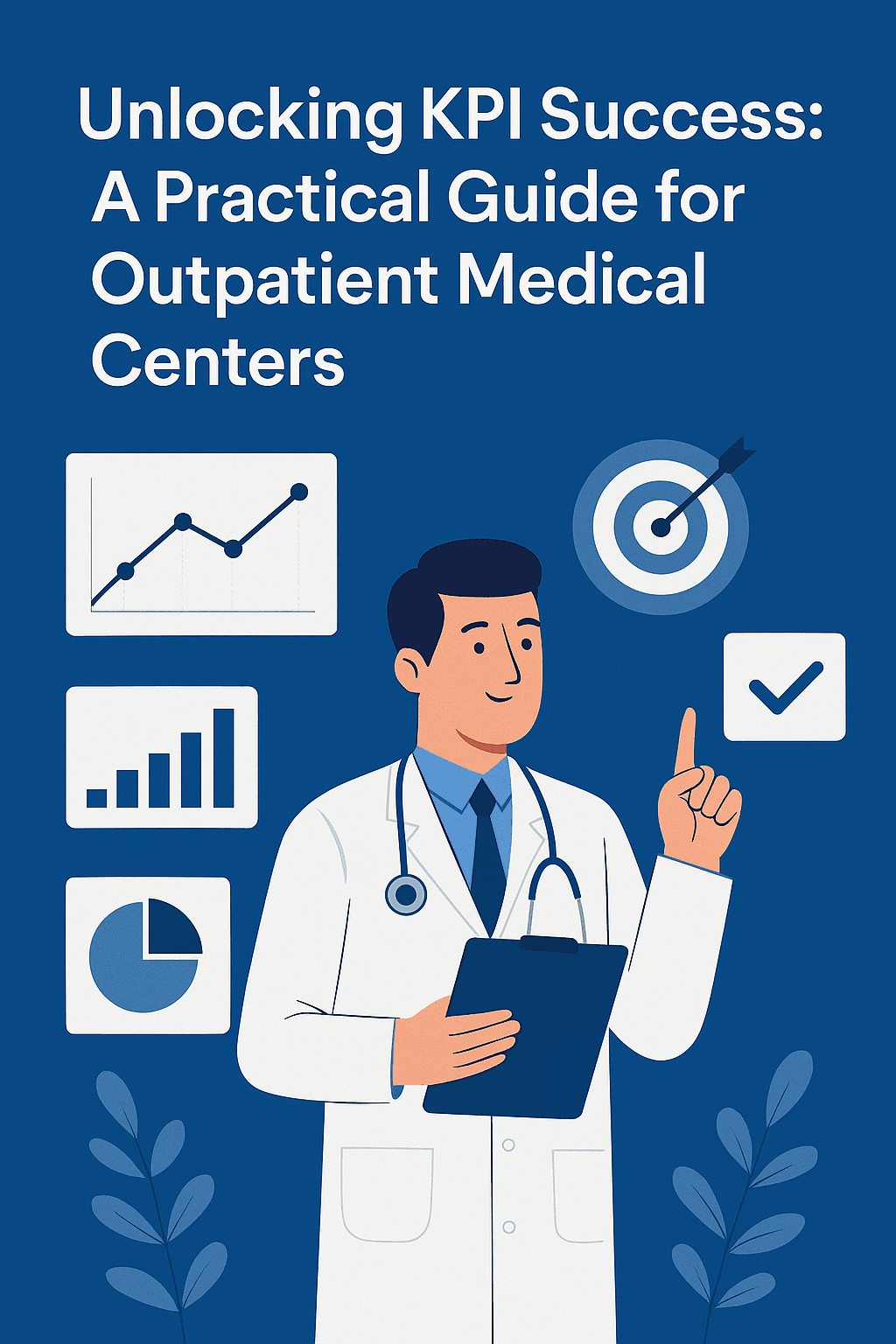
Cybersecurity Threats in Healthcare and How to Protect Your Data
In the digital age, healthcare organizations face a growing number of cybersecurity threats that can compromise patient data and disrupt medical services. This article explores common cybersecurity threats in the healthcare sector and provides effective strategies for protecting sensitive information.
Understanding Cybersecurity Threats in Healthcare
Healthcare data is particularly valuable to cybercriminals due to its sensitive nature, including personal and medical information. Cyber threats can range from data breaches and ransomware attacks to insider threats and phishing scams. These threats not only risk patient privacy but also jeopardize the integrity of healthcare operations.
Common Cybersecurity Threats
Data Breaches: Unauthorized access to healthcare databases can lead to the exposure of sensitive patient data. Breaches may occur through hacking, inadequate security measures, or compromised credentials.
Ransomware Attacks: Ransomware is a type of malicious software designed to block access to a computer system until a sum of money is paid. Healthcare systems are prime targets due to the critical nature of the data involved.
Phishing Scams: Phishing involves sending fraudulent emails that appear to come from reputable sources to steal sensitive information. Healthcare employees are often targeted to gain access to patient data or financial information.
Insider Threats: Sometimes, the threat comes from within the organization. Employees may intentionally or unintentionally leak sensitive data, which can be just as damaging as external attacks.
Strategies for Protecting Healthcare Data
Implement Robust Security Frameworks: Adopt a comprehensive security framework such as HIPAA (Health Insurance Portability and Accountability Act) in the US, which provides guidelines on protecting patient data. Ensure regular updates to security policies and compliance requirements.
Use Advanced Encryption Methods: Encrypt data both at rest and in transit to ensure that sensitive information is secure even if intercepted. Advanced encryption standards make it extremely difficult for unauthorized users to access the data.
Regular Staff Training: Employees should be regularly trained on the latest cybersecurity practices and protocols. Education on recognizing phishing emails and other scams can significantly reduce the risk of insider threats.
Deploy Multi-Factor Authentication (MFA): MFA adds an additional layer of security by requiring multiple forms of verification before access is granted. This method is highly effective against credential-based attacks.
Regular Security Audits and Risk Assessments: Conduct thorough audits and assessments to identify vulnerabilities in your IT infrastructure. This proactive approach helps in early detection and mitigation of potential threats.
Backup and Disaster Recovery Plans: Ensure that all critical data is regularly backed up and that there are robust disaster recovery plans in place. This is crucial for minimizing downtime and data loss in case of a ransomware attack or other data breaches.
Case Study: Mitigating a Ransomware Attack in a Hospital Network
A large hospital network faced a severe ransomware attack that encrypted patient records and demanded a substantial ransom. The hospital was prepared with up-to-date backups and a comprehensive incident response strategy. By isolating the infected systems, deploying their backups, and notifying law enforcement, the hospital was able to restore services within 24 hours without paying the ransom.
Conclusion
Cybersecurity in healthcare is not just about protecting data but also about safeguarding the well-being of patients. By implementing strong security measures, training staff effectively, and preparing for potential cyber threats, healthcare organizations can significantly enhance their data protection efforts. For personalized cybersecurity solutions that fit your healthcare organization’s specific needs, contact Pure RCM today.
Additional Resources
Visit Pure RCM for more insights on custom cybersecurity solutions, latest updates in healthcare IT security, and consultation services tailored to protect your healthcare data.



